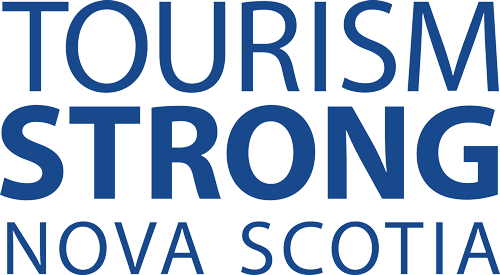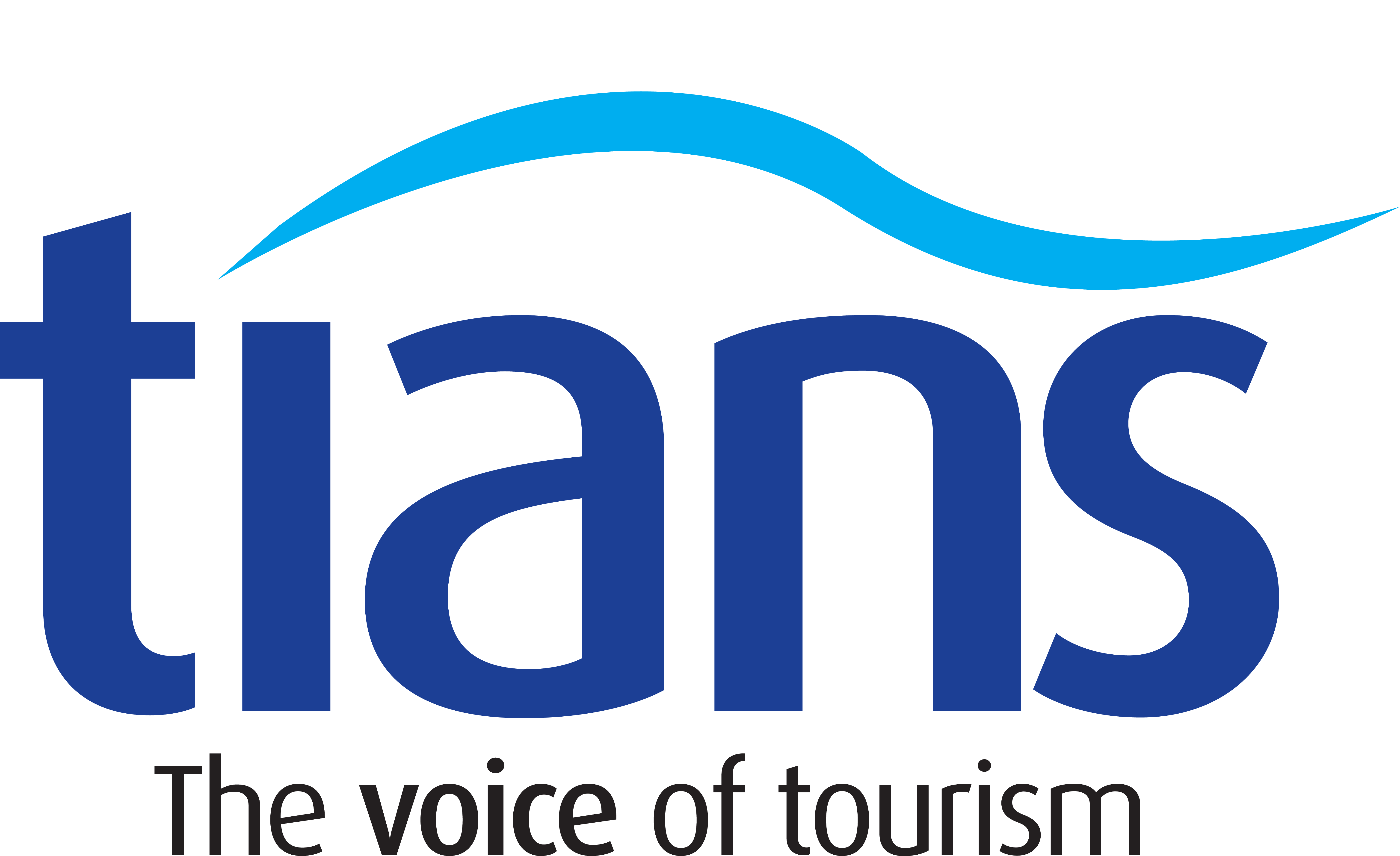To help control the spread of COVID-19, the federal and provincial governments have introduced mandatory self-isolation and information submission requirements for travellers. Federal travel requirements have recently been updated. You may want to familiarize yourself with travel requirements to help answer questions from customers about what is expected of them before they depart for their trip.
Federal Travel Requirements
The federal government has restricted non-essential travel to Canada, with some exceptions. All travellers to Canada are required to self-isolate for 14 days upon arrival. See the Government of Canada guidelines.
All travellers are required to provide specific information upon and after entry into Canada unless exempted under conditions set out in the Mandatory Isolation Order. This includes requirements to provide a quarantine plan and contact and travel information.
All travellers are encouraged to submit the required information through ArriveCAN by using the mobile app or by signing in online before they arrive to avoid additional delays for public health questioning and to limit points of contact at the border.
Effective November 21, 2020, air travellers whose final destination is Canada will be required to submit their information electronically through ArriveCAN before they board their flight.
During their quarantine or isolation period, all travellers to Canada regardless of mode of travel, will also be required to submit information through ArriveCAN or by calling the 1-833-641-0343 toll-free number.
Further information is available here.
Nova Scotia Provincial Travel Requirements
People travelling from outside Atlantic Canada, including Nova Scotians returning from a trip, must self-isolate for 14 days when they arrive in Nova Scotia. Everyone in the home where someone is self-isolating will have to self-isolate as well. Nobody in that home can leave the property for 14 days and they cannot have visitors. If a person has already self-isolated in another Atlantic Canadian province, they may enter Nova Scotia without self-isolating again.
Every adult (age 18 or older) arriving from outside Atlantic Canada needs to complete a Safe Check-in Form before they travel to the province. This includes Nova Scotians returning from a trip. When arriving in Nova Scotia, each adult must show the confirmation e-mail they received when they submitted the form online, as well as government-issued identification (like a drivers licence or health card) or a utility bill or bank statement that shows their permanent home address.
A paper copy of the Safe Check-in Form is also available at entry points to Nova Scotia for people who don’t have access to the form online.
Residents of the four Atlantic provinces (Nova Scotia, New Brunswick, Prince Edward Island and Newfoundland and Labrador) will be permitted to travel within the Atlantic provinces without the requirement to self-isolate.If people show proof that their permanent home is in Atlantic Canada, they will not have to self-isolate for 14 days when entering Nova Scotia. Every adult will need to show either a drivers’ licence, government identification card, health card, or a utility bill or bank statement with a valid Atlantic Canadian address to provincial officials at airports, ferries or the land border when they arrive in the province. A self-declaration form is not required for Atlantic Canadians to enter Nova Scotia.
Everyone travelling in Nova Scotia must follow public health directives.
Travel requirements can change at any time, so keep watching for updates at https://tourismns.ca/coronavirus .
Source: Tourism Nova Scotia

